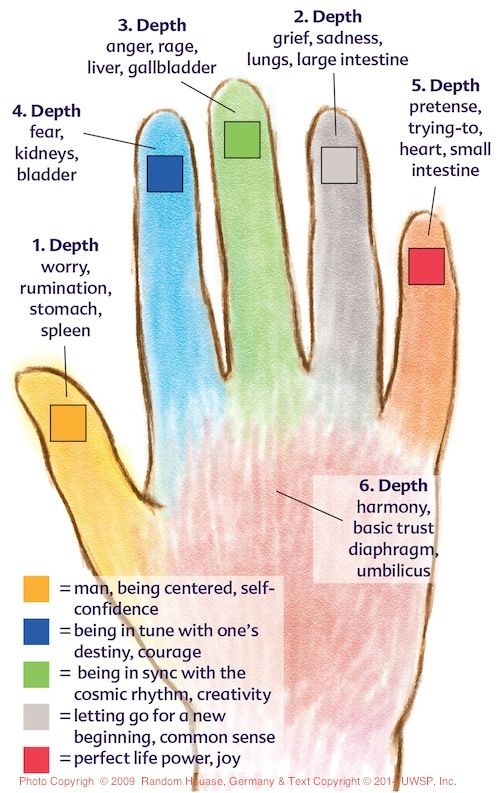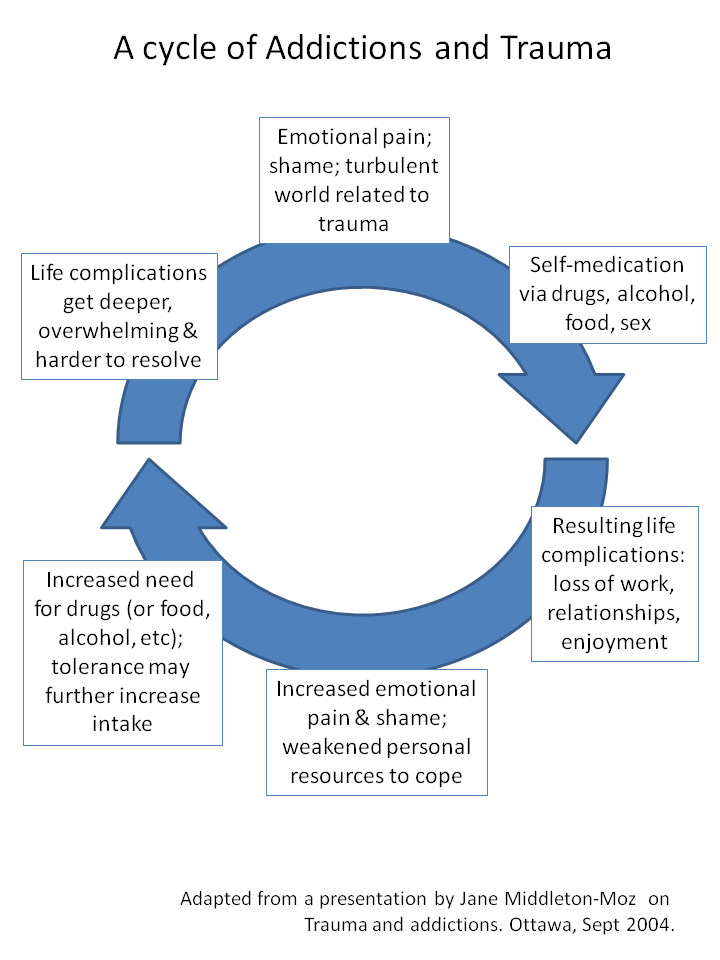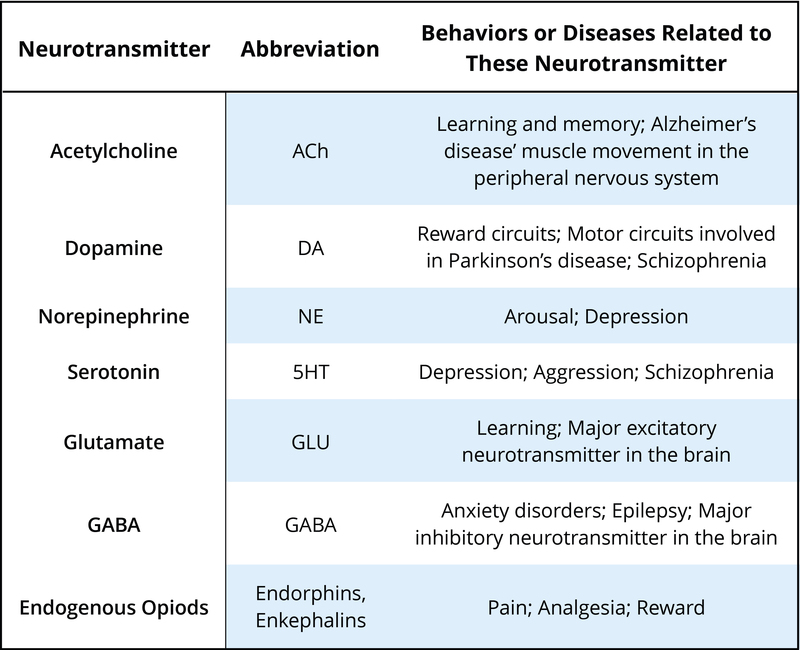Can pilots take antidepressants
Pilots and Antidepressants – Aviation Psychiatry
The second most common mental health issue leading to an aviation psychiatric evaluation is a pilot who takes, or who has taken, an antidepressant medication.
In 2010, the FAA published a pathway to consider Special Issuance Authorization medical certificates for a pilot who takes an antidepressant.
The FAA’s SSRI Decision Path I is where we start, and you can click the picture to go the FAA’s website and see a bigger image.
A few key points:
- The SSRI pathway only allows consideration for pilots who take fluoxetine (Prozac), citalopram (Celexa), escitalopram ( Lexapro), or sertraline (Zoloft).
- Other antidepressants do not have a Special Issuance pathway.
- It does not matter if the antidepressant was taken for a medical problem.
For example, an antidepressants can be used to treat various gastrointestinal problems, premenstrual dysphoria, chronic headaches, and chronic pain. If you take one of these four medications, for any reason at all, you are on the pathway.
The best pilot is a healthy pilot, and the pilot’s skill and decision making is the aircraft’s most critical piece of safety equipment.
The decision tree for antidepressant cases has too many branches to explore each outcome. But some of the key decision points are:
- What is/was the diagnosis for the SSRI?
- What kind of symptoms did the pilot have before the antidepressant?
- How effective is/was the medication?
- If the pilot has already quit the medicine, how long did the pilot take the therapy?
- If the pilot has already quit the medicine, how long ago did the prescription lapse?
- Did the SSRI cause any aeromedically significant side effects?
In a nutshell, the decision on if a pilot takes a SSRI, or stops an SSRI, is all about the PROGNOSIS.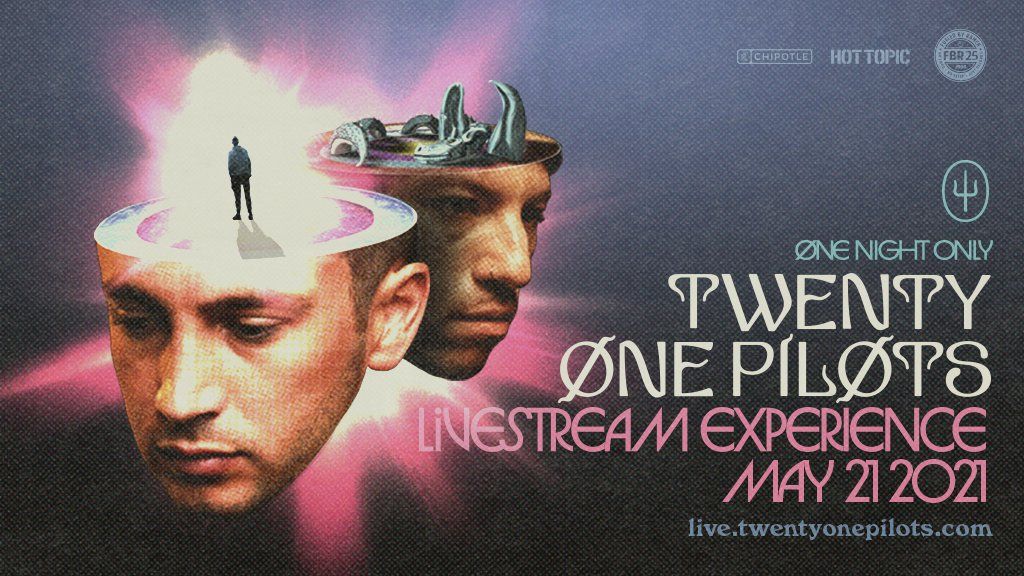 A prognosis is a prediction, based on facts, epidemiology, and medical judgment. A prognosis is not a testable fact but a prediction of future medical outcomes.
A prognosis is a prediction, based on facts, epidemiology, and medical judgment. A prognosis is not a testable fact but a prediction of future medical outcomes.
NO.
So, then I have to keep taking the medicine, no matter what?NO.
My strategic adviceFIRST, I advise that you secure a HIMS AME. A HIMS AME is only mandatory for drug and alcohol special issuance authorizations, but HIMS AMEs get cross-trained in SSRI protocols and mental health issues common to pilots. You can find a HIMS AME by clicking this sentence.
DO NOT ASSUME that stopping an antidepressant improves your chances to get a medical certificate. With some prognoses, you probably cannot get a medical certificate
UNLESS YOU TAKE an SSRI.
If you stop an antidepressant and need to restart it, the minimum waiting period is six months on a STABLE DOSE and with FEW OR NO SYMPTOMS.
Guide for Aviation Medical Examiners
Decision Considerations - Aerospace Medical Dispositions
Item 47. Psychiatric Conditions - Use of Antidepressant Medications
If you are an Airman taking an SSRI - See the Airman Information - SSRI Initial Certification
(PDF) sheet.If you are an ATCS taking an SSRI - See the FAA ATCS How to Guide
(PDF).The FAA has determined that airmen or FAA Air Traffic Control Specialists (FAA ATCS) requesting medical certificates while being treated with one of four specific selective serotonin reuptake inhibitors (SSRIs) may be considered. The Authorization decision is made on a case-by-case basis.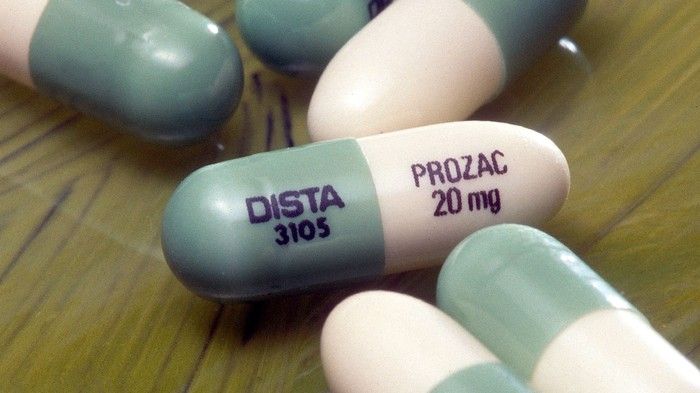 The Examiner may not issue.
The Examiner may not issue.
If the airman/FAA ATCS opts to discontinue use of the SSRI, the Examiner must notate in Block 60, Comments on History and Findings, on FAA Form 8500-8 and defer issuance. To reapply for regular issuance, the applicant must be off the SSRI for a minimum of 60 days with a favorable report from the treating physician indicating stable mood and no aeromedically significant side effects. See SSRI Decision Path I (PDF).
An individual may be considered for an FAA Authorization of a Special Issuance (SI) or Special Consideration (SC) of a Medical Certificate (Authorization) if:
- The applicant has one of the following diagnoses:
- Major depressive disorder (mild to moderate) either single episode or recurrent episode
- Dysthymic disorder
- Adjustment disorder with depressed mood
- Any non-depression related condition for which the SSRI is used
- For a minimum of 6 continuous months prior, the applicant has been clinically stable as well as on a stable dose of medication without any aeromedically significant side effects and/or an increase in symptoms.
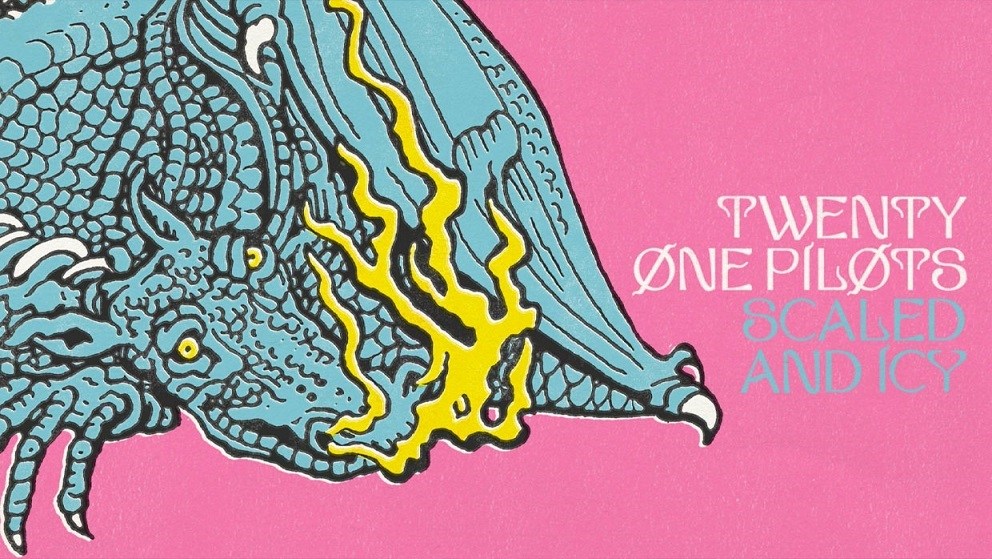 If the applicant has been on the medication under 6 months, the Examiner must advise that 6 months of continuous use is required before SI/SC.
If the applicant has been on the medication under 6 months, the Examiner must advise that 6 months of continuous use is required before SI/SC. - The SSRI used is one the following (single use only):
- Fluoxetine (Prozac)
- Sertraline (Zoloft)
- Citalopram (Celexa)
- Escitalopram (Lexapro)
- The applicant DOES NOT have symptoms or history of:
- Psychosis
- Suicidal ideation
- Electro convulsive therapy
- Treatment with multiple SSRIs concurrently
- Multi-agent drug protocol use (prior use of other psychiatric drugs in conjunction with SSRIs.)
If the applicant is on a SSRI that is not listed above, the Examiner must advise that the medication is not acceptable for SI/SC.
If applicant meets the all of the above criteria and wishes to continue use of the SSRI, advise the applicant that he/she must be further evaluated by a Human Intervention Motivation Study (HIMS) AME.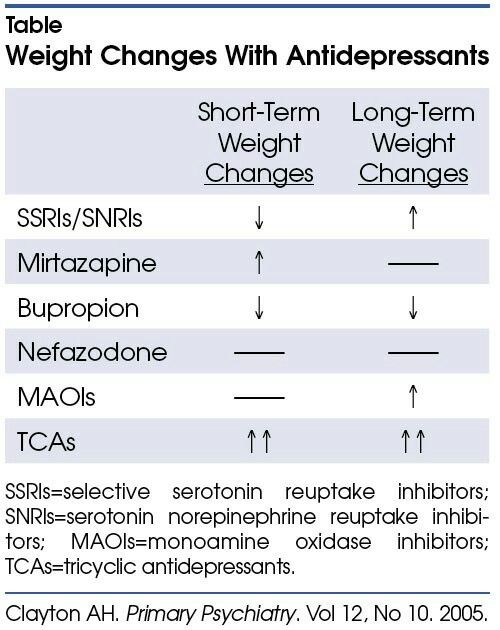
Off Medication for 60 Days:
SSRI Decision Path I (PDF)
Initial Certification:
- SSRI Decision Path II (HIMS AME - Initial Certification/Clearance (PDF)
- Airman Information - SSRI INITIAL Certification (PDF)
- FAA ATCS How To Guide - SSRI (PDF)
- HIMS AME Checklist - SSRI Initial Certification/Clearance (PDF)
- FAA Certification Aid - SSRI Initial Certification/Clearance (PDF)
- Specifications for Neuropsychological Evaluations for Treatment with SSRI Medications (PDF)
Recertification/Follow-Up Clearance:
- SSRI Recertification – Neuropsychological Report Changes and FAQs (PDF) (Policy change 12/15/2022)
- Airman SSRI Follow-Up Path for the HIMS AME (PDF)
- FAA ATCS SSRI Follow-Up Path for the HIMS AME (PDF)
- HIMS AME Checklist - SSRI Recertification/Follow-Up Clearance (PDF)
- FAA Certification Aid - SSRI Recertification/Follow-Up Clearance (PDF)
- HIMS AME Change Request (PDF)
- Specifications for Neuropsychological Evaluations for Treatment with SSRI Medications (PDF)
Page last modified:
Aviation psychologist But there is another point of view.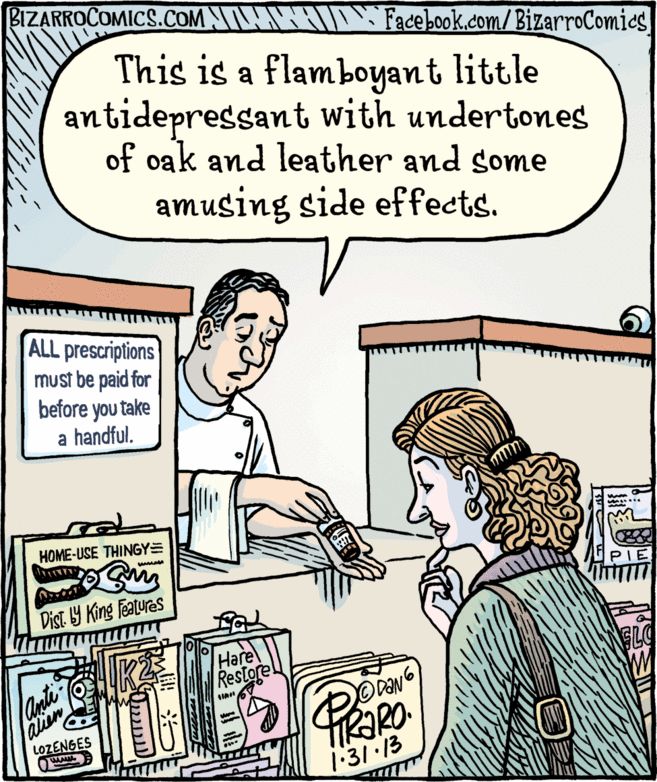
During my work at the Medical Center of an airline, I had to examine pilots who suffered from depression to one degree or another. And this is not an out of the ordinary event: pilots are the same people as everyone else, and nothing human is alien to them. nine0005
Moreover, the professional activity of pilots is associated with great mental stress. They can also be supplemented by stressful situations due to problems in personal or family life, problems with leadership or financial difficulties, as happens with many people. If at the same time the pilot does not see real ways to solve the problems hanging over him, then he begins to experience painful and oppressive feelings. He begins to constantly be in a depressed mood, he does not want to think about anything, even about flying, he loses the ability to rejoice, he is suppressed by a feeling of hopelessness and futility of life. nine0005
At the same time, the pilot understands that he is in poor mental and physical shape, but he cannot, with all his desire, overcome this difficult standing by sheer force of will. In addition, the pilot begins to worry about the possibility of "falling into the abyss" of a deep depression, from which they sometimes do not return.
In addition, the pilot begins to worry about the possibility of "falling into the abyss" of a deep depression, from which they sometimes do not return.
Methods of rational or other psychotherapy do not help here. What should a pilot do in such a situation?
Not every pilot dares to go to an aviation doctor and talk about his experiences, because if he is diagnosed with depression, he will be suspended from flying and sent to a psychiatrist for treatment, and this is a stain on his entire future career.
Some pilots try to numb their heartache with hard alcohol. However, this gives only a temporary disconnection from the painful state, which soon returns, accompanied by new health problems and conflicts in the family. nine0005
The most advanced pilots find out through the world encyclopedia - the Internet - how to relieve symptoms of depression, and start taking antidepressants on their own. Of course, they do not take into account a number of factors: the severity of the development of the state of depression (mild or severe), whether depression is combined with anxiety, with somatic manifestations, etc.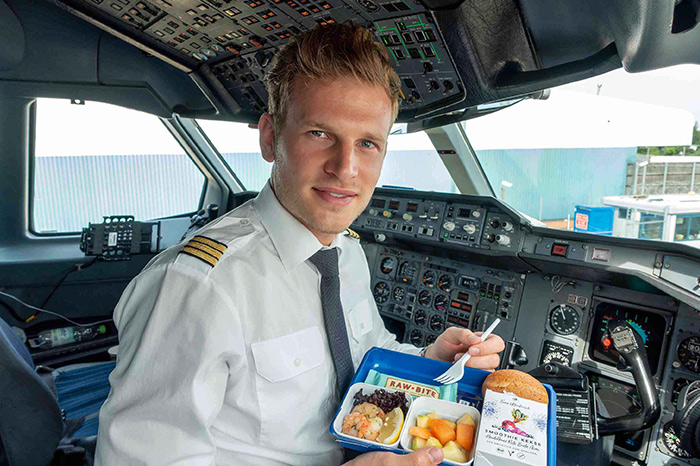 This does not allow them to correctly choose the appropriate drug, which a qualified doctor could help to do. nine0005
This does not allow them to correctly choose the appropriate drug, which a qualified doctor could help to do. nine0005
Pilots know that the healthiest drugs are those made from natural plant materials. Therefore, they choose them more often.
In my practice, there were cases when pilots asked if they could take antidepressants, if this would lead to a decrease in attention, memory, reaction speed, since any psychoregulators somehow affect the psyche.
When I asked pilots why they took mild antidepressants on their own, I realized that this might be the best way for them to get out of difficult mental states, since other “crutches” that support them (alcohol or strong tranquilizers) can cause even more harm body and professional activities of these pilots. nine0005
As you know, the best cure for depression is the ability to successfully resolve the life situation that gave rise to the depressive state. But until this happens, a person needs to somehow stay afloat so that depression does not develop into a dangerous clinical form with thoughts of suicide.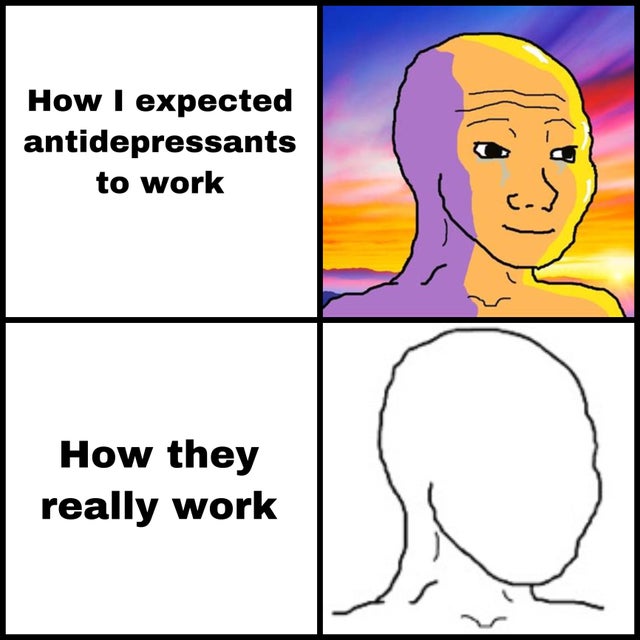 And other medicine than antidepressants, humanity has not yet come up with.
And other medicine than antidepressants, humanity has not yet come up with.
Therefore, I agree with the position of foreign doctors who allow pilots to take mild antidepressants in order to maintain a positive attitude and prevent more severe forms of depression.
Such light antidepressants as "Negrustin", "Deprim" and "Gelarium" are made on the basis of the herb - St. John's wort. Its healing properties have been known since ancient times, and in Russian villages it was practiced to drink tea with dried St. It is important to note that the above antidepressants do not have a psychostimulant property, i. do not cause increased tension in the nervous system and do not cause an addictive effect. When taken correctly according to the instructions (without overdose), they are safe, side effects can be manifested mainly by an allergy to St. John's wort. nine0005
Serious concerns are caused by completely different means that pilots can use to “alleviate” their mental conditions:
- regular intake of strong alcohol (after flights and between flights), which leads to permanent intoxication of nerve cells with their subsequent atrophy, due to which memory and flexibility of thinking deteriorate noticeably;
- taking tranquilizers (especially the old generation, such as phenazepam, diazepam, etc.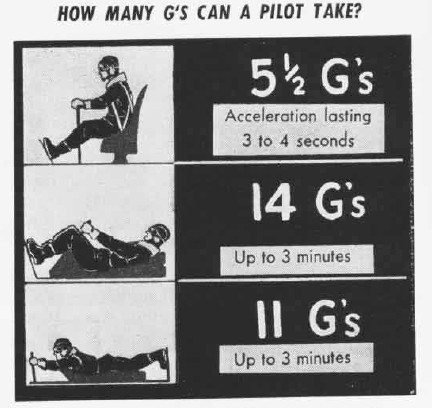 ), which significantly inhibit mental functions, i.e. impair concentration and slow down the speed of reaction, and also cause the effect of drug dependence; nine0005
), which significantly inhibit mental functions, i.e. impair concentration and slow down the speed of reaction, and also cause the effect of drug dependence; nine0005
- taking psychostimulants, which can further increase nervous excitement, anxiety and impulsive behavior.
These funds can indeed adversely affect the performance of professional functions by pilots on board the aircraft. They have already become the causes of erroneous actions of pilots and their inadequate behavior in flight.
Foreign researchers cite statistics according to which among the pilots who died in air accidents, approximately 17% (1/6) were people who took antidepressants. This circumstance, in my opinion, only indicates that about 17% of pilots suffer from depression, but they are trying to deal with this problem. nine0005
If these foreign experts counted how many disaster participants regularly took alcohol or tranquilizers, then, most likely, the percentage of such persons would be 2-3 times higher! These are my medical observations on airmen in our country.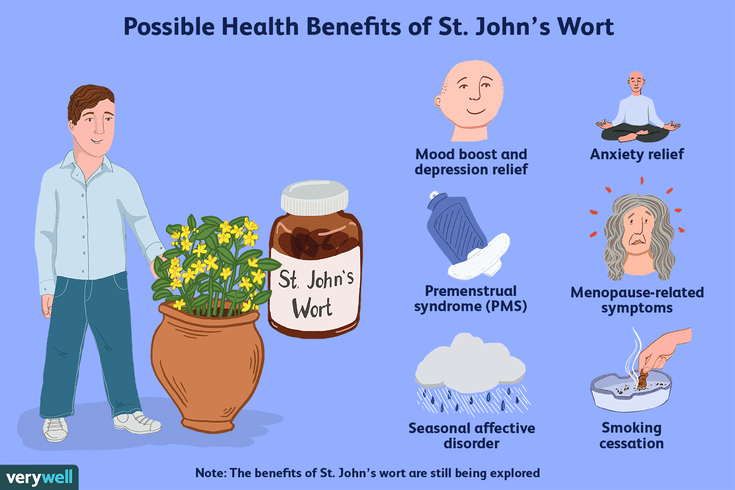
In this regard, I believe that taking mild antidepressants that maintain the emotional and intellectual tone of pilots cannot adversely affect their flight activities. Therefore, the intake of these drugs, especially from plant materials, should be legalized, and mild depression should not be considered as a basis for removal from flying activities. nine0005
Perhaps this will allow pilots to boldly turn to a neurologist for recommendations on the choice of such drugs, and the doctor will allow individual monitoring of the dynamics of mental states in pilots.
Now it is better for doctors to write off a pilot at the slightest suspicion of depression than to be responsible for him later. But I adhere to a different point of view: it should be treated at the initial stage of the problem.
I am confident that the proposed measures can prevent pilot suicide and have only a positive impact on improving the level of flight safety in general.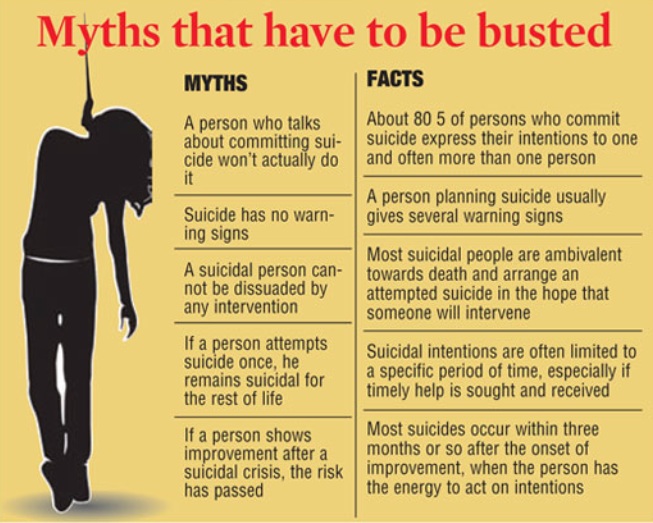 nine0005
nine0005
OPINIONS
Alfred Malinovsky vice-president of the Trade Union of Airmen of Russia 3
The problem raised by the author of the article "Antidepressants and pilots' health" has been relevant for a long time. And the fact that she is raised by a representative of medicine - a candidate of psychological sciences, Nadezhda Vladimirovna Yakimovich, does honor both to her, as an author who stepped over professional conformism, and to the ICAA website Flight Safety. nine0005
The fact is that the conclusions of the overwhelming majority of air crash investigations in Soviet and Russian practice differed in the stereotype: “the human factor is incorrect (erroneous) actions of crew members”. At the same time, the question was not asked: why did the given crew or pilot earlier get out of similar and even more difficult situations, but in this case turned out to be insolvent? The formulation of such a question would aim at the search for root causes or accompanying causes. And, I dare say that the psychological, emotional state of the crew members, the accumulated fatigue, as a rule, did not fall into the context of the conclusions of the investigations. But you need to understand that depression, depression, fatigue work as catalysts, as drivers of erroneous decisions and actions that lead to serious consequences in seemingly non-fatal situations. nine0005
And, I dare say that the psychological, emotional state of the crew members, the accumulated fatigue, as a rule, did not fall into the context of the conclusions of the investigations. But you need to understand that depression, depression, fatigue work as catalysts, as drivers of erroneous decisions and actions that lead to serious consequences in seemingly non-fatal situations. nine0005
“Foreign researchers cite statistics according to which among the pilots who died in air accidents, approximately 17% (1/6) were people who took antidepressants. This circumstance, in my opinion, only indicates that about 17% of pilots suffer from depression, but they are trying to deal with this problem. If these foreign experts counted how many participants in disasters regularly took alcohol or tranquilizers, then, most likely, the percentage of such people would be 2-3 times higher! These are my medical observations of the aircrew in our country, ”says the author of the article. And it's hard to argue with that. At a time when the term depression was exotic, many of my fellow pilots used folk prophylaxis under the slogan “stress relief” on weekends. The reason for such secretive behavior of the flight crew lies in the prevailing image of the pilot as a kind of healthy, cheerful person who does not care about any manifestations of rudeness of the command and instructor staff, family troubles, and the opinion of colleagues in the profession. And, characteristically, the pilots themselves adhere to such an image. How else? Share, or even worse - complain to the doctor - consider that you have paved your way to write-off. nine0005
At a time when the term depression was exotic, many of my fellow pilots used folk prophylaxis under the slogan “stress relief” on weekends. The reason for such secretive behavior of the flight crew lies in the prevailing image of the pilot as a kind of healthy, cheerful person who does not care about any manifestations of rudeness of the command and instructor staff, family troubles, and the opinion of colleagues in the profession. And, characteristically, the pilots themselves adhere to such an image. How else? Share, or even worse - complain to the doctor - consider that you have paved your way to write-off. nine0005
“The European Aviation Safety Agency (EASA) intends to create a medical database for pilots by the end of 2016. Such a decision, quite obviously, was taken on the interim results of the still unfinished investigation into the crash of the Germanwings airliner, when the co-pilot sent the plane into the ground. The decision is also linked to the recommendations of the working group, which include the creation of a database of pilots with all doctor visits, as well as a more serious approach to psychological testing. Prosecutors conducting a criminal investigation found evidence that the co-pilot was in a state of severe depression and was afraid of losing his job. He hid his condition from the employer, while at the same time studying various methods of suicide. Regarding this decision, I can express my fears that in our country the matter may be limited to the creation of black lists of pilots - it's easier, especially now, when there is no shortage of flight personnel yet. nine0005
Prosecutors conducting a criminal investigation found evidence that the co-pilot was in a state of severe depression and was afraid of losing his job. He hid his condition from the employer, while at the same time studying various methods of suicide. Regarding this decision, I can express my fears that in our country the matter may be limited to the creation of black lists of pilots - it's easier, especially now, when there is no shortage of flight personnel yet. nine0005
Fully agreeing with the opinion of the author of the article under discussion, I consider the problem of ethical education of command and instructor personnel long overdue. In the training program for officials of these categories, it is necessary to introduce a course in the ethics of relations with subordinate pilots. “Pilots are the same people as everyone else, and nothing human is alien to them,” the author of the article notes. I will add: pilots are actually very vulnerable to careless assessments, as they are sensitive to their profession, protecting their professional reputation, experiencing mistakes and blunders, trying not to show it. And all their flying life they are afraid of losing their profession. nine0005
And all their flying life they are afraid of losing their profession. nine0005
BBC
Doctors at King's College London say their blood test will help more accurately prescribe medication for people with depression. Today, doctors prescribe antidepressants by trial and error - observing what kind of reaction a particular drug causes in a patient and changing the medicine if necessary.
This means that about half of the time the medicine the doctor prescribes first does not work. nine0005
A new method identifies patients who are not eligible for conventional antidepressants. According to doctors, of the total number of people suffering from depression, such people make up about a third. Such patients are advised to prescribe potent antidepressants immediately.
Physicians emphasize that the method is still being researched. When it was developed, it was tested on 140 patients with depression, but to draw a definitive conclusion about the effectiveness of the method, it is necessary to test it on a much larger group of people. nine0005
Depression is a very common mental health problem worldwide, estimated to affect up to 350 million people of all ages.
(Source: http://www.bbc.com/russian/news/2016/06/160606_Depression_BLOOD_TEST)
9000
9000 psychological sciencesThis topic is very important in terms of choosing an effective medicine.
The fact is that the main mechanism for treating depression is to increase the level of such a brain hormone as serotonin in the blood of a person. Serotonin is also called the "hormone of happiness", because. with its increased level, a person is in a cheerful mood, and with its lack, in a sad one.
The level of this hormone can be reduced for various reasons: genetic abnormality, age-related changes, hormonal disorders, etc. nine0005
Therefore, in order to choose an effective antidepressant, it would be better to first measure the level of the hormone serotonin in the blood of a person.
Someone will need drugs that significantly enhance the "reuptake of serotonin" and significantly increase its level in the blood. But these antidepressants are chemical drugs and can have adverse side effects!
Herbal antidepressants have a mild effect on the production of serotonin and therefore they are suitable mainly for the treatment of initial forms of depression (subdepressive states). nine0013
But any disease begins with mild manifestations. Therefore, pilots, and doctors along with them, should pay attention to the initial signs of depression and stop them in a timely manner so that they do not develop into clinical manifestations when thoughts of suicide already appear.
When we talk about the legalization of light antidepressants, we consider them as a means that can slow down the development of deeper forms of depression!!!
If a pilot is found to have a deep depression (clinical form), then, of course, he needs serious treatment in a hospital! And here you can’t do without the use of “heavy artillery” - chemical antidepressants.
I am glad that the idea of allowing pilots to take mild antidepressants (under the supervision of doctors) is finding more and more supporters, especially such well-known personalities in the Civil Aviation as A. Malinovsky.
It would not be superfluous if the International Consultative and Analytical Agency "Safety of Flights" with its authority turned to the Chairman of the Central Medical Flight Commission (TSVLEK) of the Civil Aviation, which is located in the Central Clinical Hospital of Civil Aviation on Ivankovskoye Highway, 7a. Now it is practically the main authority for aviation medicine in the Civil Aviation. nine0005
Only one circumstance can push VLEK doctors to accept our idea - the fear that one of the pilots will commit suicide in flight, which is quite likely in the current tension in our country.
Information of the International Advisory and Analytical Agency "Safety of Flights"
#EASA #fatigue #flight safety #VLEK #depression #Malinovsky A.A. #medicine #pilots #fatigue #TsVLEK #TsKB GA
American pilots will take antidepressants before the flight
WASHINGTON, April 3rd. American civil aviation pilots were allowed to take antidepressants before flying. As Lenta.Ru reports with reference to the Associated Press, the changes in the pre-flight control rules will come into force in the coming days.
As explained by the Federal Aviation Administration, the ban on the use of Prozac, Zoloft, Celexa and Lexapro, as well as their generics, has been lifted. If pilots have been successfully treated with these drugs and have not experienced any side effects, they will be able to fly.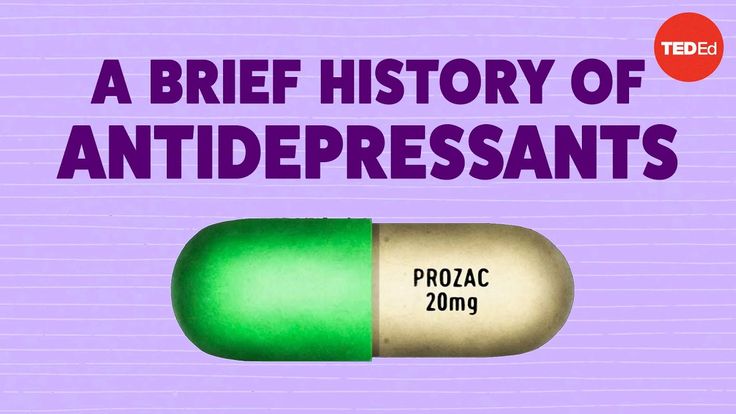 nine0005
nine0005
On the one hand, the agency explains, modern antidepressants do not cause drowsiness and do not have severe side effects. On the other hand, the measure is designed to identify depressed pilots who secretly took drugs. For this, airline employees have been granted a kind of amnesty - those who admit to being ill and tell about treatment within six months will not be subject to administrative penalties.
A study on "safety in flight" conducted between 2001 and 2004 by the US aerospace agency NASA resulted in a database of more than 10,000 pages. Initially, NASA intended to keep the information obtained secret so as not to damage the image of American airlines. In addition, according to the same federal officials, the study was conducted to evaluate the effectiveness of the system for collecting information among airline employees, and not to analyze the technical problems that arise in air transport. But as a result of repeated protests from the flight crew, the space agency decided to publish the data on its website in an abbreviated and revised version, which makes it difficult to conduct a systematic analysis.

